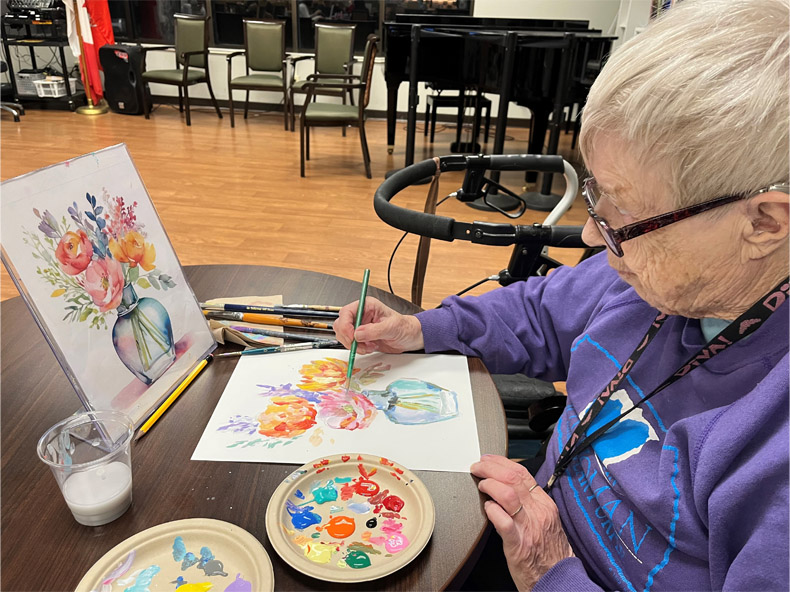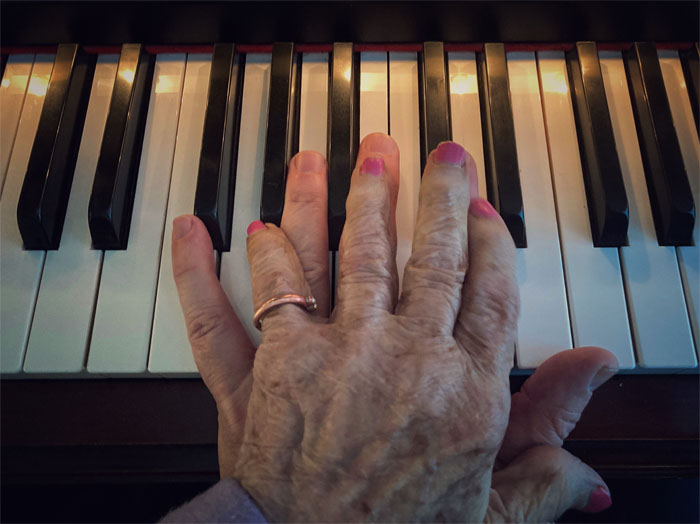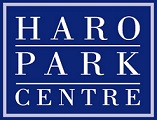Quality Initiatives
Quick Links
Quick Contact

Quality Initiatives
Haro Park Centre is a Campus of Elderly Health Care, the first of its kind in Vancouver. The Campus of Care provides independent housing, assisted living and residential care, allowing elders the opportunity to age in place. As their needs change, we are able to provide elders with the necessary care without moving them away from the home they have come to know and the relationships they have developed.
Services We Provide
To access our Independent Living, please contact Haro Park directly. This program is subsidized by BC Housing and you must be over 60 years of age and meet the qualified financial status to access this program. Haro Park does not provide any additional services for our independent living tenants, but are welcome to all events inside Haro Park Centre.

In addition to nursing and physician services, Residential Care provides access to a Dental Hygiene, Mobile Dentistry & Denturist, Foot Care Nurse, Physiotherapist, Occupational Therapist and Mobile Optometrist. Your care needs will be supervised by registered nurses and provided by care aides. Our team works together to provide activities that are meaningful to you. Meals, snacks and laundry are provided. If you require mobility aides, we will provide the equipment for the first three months. If you need a wheelchair or 4 wheeled walker beyond this time frame, resident family or guardian will be responsible for this. We can refer you to companies that can assist you with rentals or purchase.

To access our Assisted Living, you need to connect with Vancouver Coastal Health, who will assess your suitability for the program. In addition to two meals per day, we provide assistance with bathing if required, light housekeeping, laundry (not paid for) and medication checks. You must be able to walk to the dining room.
Assisted Living provides an opportunity to enhance the quality of life over other possible living arrangements and to remain as independent as possible – living in one’s own home and directing one’s own care. There are 28 designated Assisted Living Vancouver apartments within our Campus. All the Assisted Living suites have a fridge and stove, but are otherwise unfurnished. The services offered are regulated, assessed and determined by the Community Assessor and can include: meals in the main dining room, housekeeping, laundry, emergency response, assistance with bathing and medication. This environment strives to promote individuality, independence, privacy, respect, and family involvement. Individuals are entitled to make choices about their lifestyle on a daily basis as they did in their own homes.

Paula, Cheryl & Lori:
Thank you for all you do to support the residents and their families. Your care and compassion is appreciated.
Diana, Chris & David
Thank you for everything each of you do to provide excellent care to the residents, including my mother.
S.B.
We want you to know how much your hard work and effort were appreciated throughout the year. You are an amazing team.
Tony & Bernice
Thank you for making Haro Park a warm and loving place for our loved ones.
Our Resident’s Bill of Rights & Responsibilities include:
Commitment to care
1. An adult person in care has the right to a care plan developed:
(a) specifically for him or her, and
(b) on the basis of his or her unique abilities, physical, social and emotional needs, and cultural and spiritual
preferences.
Rights to health, safety and dignity
2. An adult person in care has the right to the protection and promotion of his or her health, safety and dignity,
including a right to all of the following:
(a) to be treated in a manner, and to live in an environment, that promotes his or her health, safety and
dignity;
(b) to be protected from abuse and neglect;
(c) to have his or her lifestyle and choices respected and supported, and to pursue social, cultural, religious,
spiritual and other interests;
(d) to have his or her personal privacy respected, including in relation to his or her records, bedroom,
belongings and storage spaces;
(e) to receive visitors and to communicate with visitors in private;
(f) to keep and display personal possessions, pictures and furnishings in his or her bedroom.
Rights to participation and freedom of expression
3. An adult person in care has the right to participate in his or her own care and to freely express his or her
views, including a right to all of the following:
(a) to participate in the development and implementation of his or her care plan;
(b) to establish and participate in a resident or family council to represent the interests of persons in care;
(c) to have his or her family or representative participate on a resident or family council on their own behalf;
(d) to have access to a fair and effective process to express concerns, make complaints or resolve disputes
within the facility;
(e) to be informed as to how to make a complaint to an authority outside the facility;
(f) to have his or her family or representative exercise the rights under this clause on his or her behalf.
Rights to transparency and accountability
4. An adult person in care has the right to transparency and accountability, including a right to all of the
following:
(a) to have ready access to copies of all laws, rules and policies affecting a service provided to him or her;
(b) to have ready access to a copy of the most recent routine inspection record made under the Act;
(c) to be informed in advance of all charges, fees and other amounts that he or she must pay for
accommodation and services received through the facility;
(d) if any part of the cost of accommodation or services is prepaid, to receive at the time of prepayment a
written statement setting out the terms and conditions under which a refund may be made;
(e) to have his or her family or representative informed of the matters described in this clause.
Scope of rights
5. The rights set out in clauses 2, 3 and 4 are subject to:
(a) what is reasonably practical given the physical, mental and emotional circumstances of the person in
care;
(b) the need to protect and promote the health or safety of the person in care or another person in care, and
(c) the rights of other persons in care.

